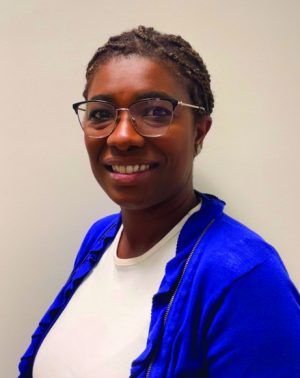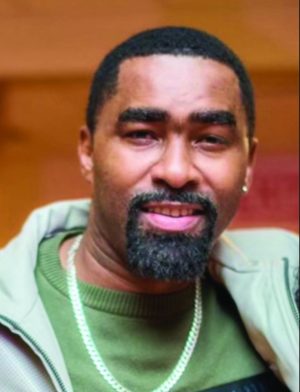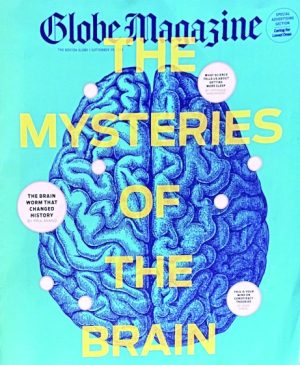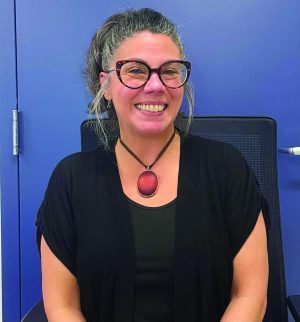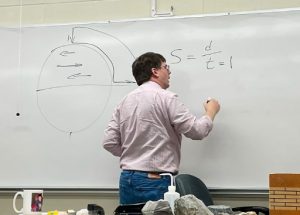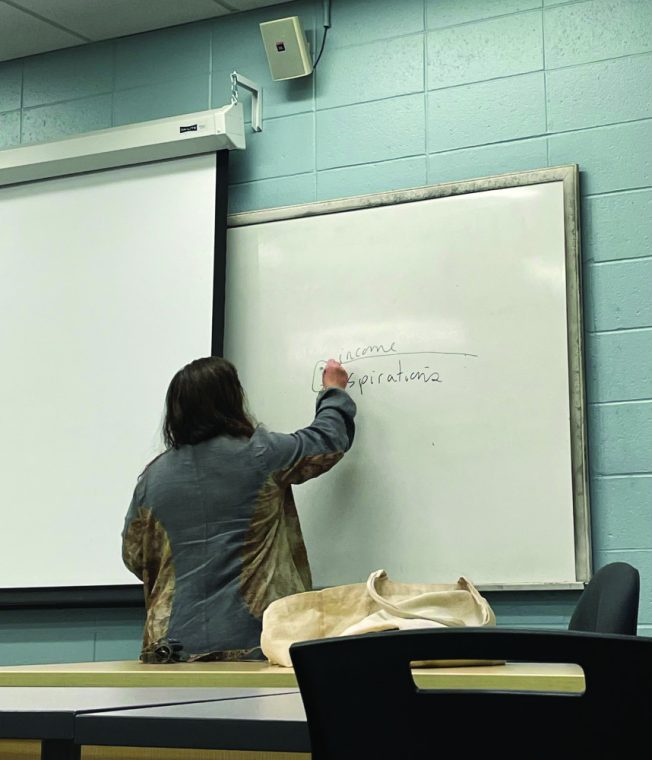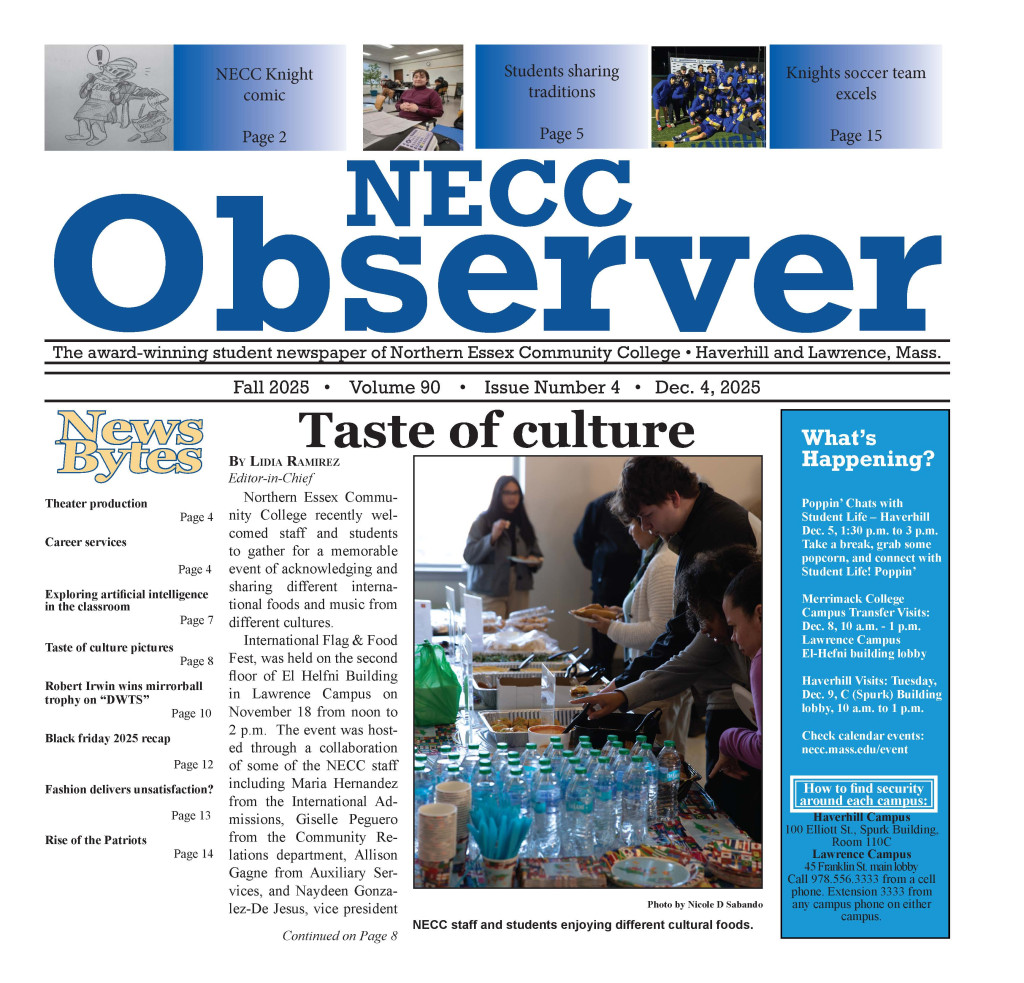An online course explores the importance of American Literature
An online American Literature II course explores “a wide range of American literature from the Civil War to the present,” and studies a variety of themes, such as social justice, identity, and what it means to be an American, which are told “by a diverse group of writers (who present) social/historical events (to the reader) that contribute to the evolving American experience and character,” according to the course description.
Furthermore, “By reading works from different places, different times, written by people with very different life experiences, (students) get to look at the world through a different lens,” said Department of English Professor Barbara Stachniewicz.

One piece of literature this course is studying is from their Norton Anthology Shorter Tenth Edition textbook is Black American writer Toni Morrison’s short story Recitatif. According to The New Yorker, the story is “an experiment in the removal of all racial codes from a narrative about two characters of different races for whom racial identity is crucial.”
Professor Stachniewicz says “it is easy to believe that because we live in the United States, we understand the country and the people in it. Literature shows us that the situation is more complex,” so the significance of studying Marrison’s work is to teach “us empathy, which seems very important today (because it broadens societies’) point of view of many different people” continued Stachniewicz
Although this is an online course, it does not halt the students from engaging in thorough, lengthy and meaningful conversations.
In addition to reading the story, students are required to take a one question open response quiz and respond to the discussion board posting related to the assigned readings, and interact with fellow classmates online.
As a result of the students responding to each other’s discussion board posts, new ideas and concepts related to the stories are developed, and it “fills (the professor) with absolute joy! It means students are sharing a part of themselves, their interpretations, and are learning from each other,” said Stachniewicz.
Another element that students participate in are response essays. Every few weeks students are assigned to write a one-page paper that answers three questions related to the story they are currently reading.
According to the response essay instructions, the students must write a “brief overview” of the reading, address their opinion about the reading, what they found interesting and confusing, what information about the reading they still want to know, and to conclude their response essay, the students are asked “if (they) were going to lead a class discussion, what is the first question (they) would ask?”
By participating in this course, students possess an understanding that “American Literature is a complex and wonderful subject and that it teaches us about the historical moment in which the text was written and also teaches us something about the way we live now,” said Stachniewicz
Professor Stachniewicz loves teaching, whether it is an online or face-to-face course, because “All readers bring who they are to the text they are reading and that means we all bring our own experiences, our own lenses to the work of interpreting a text,” said Stachniewicz.

